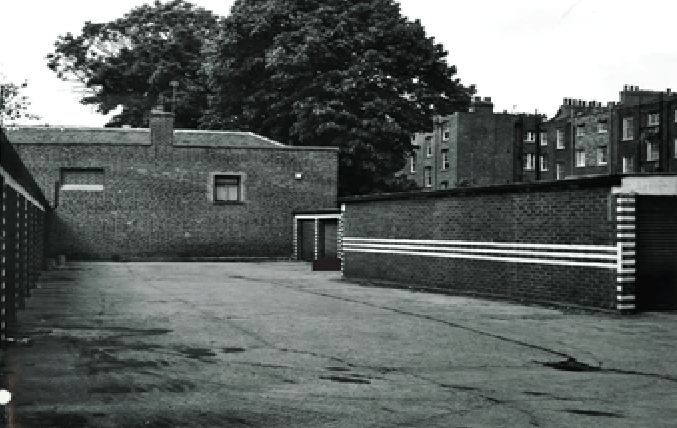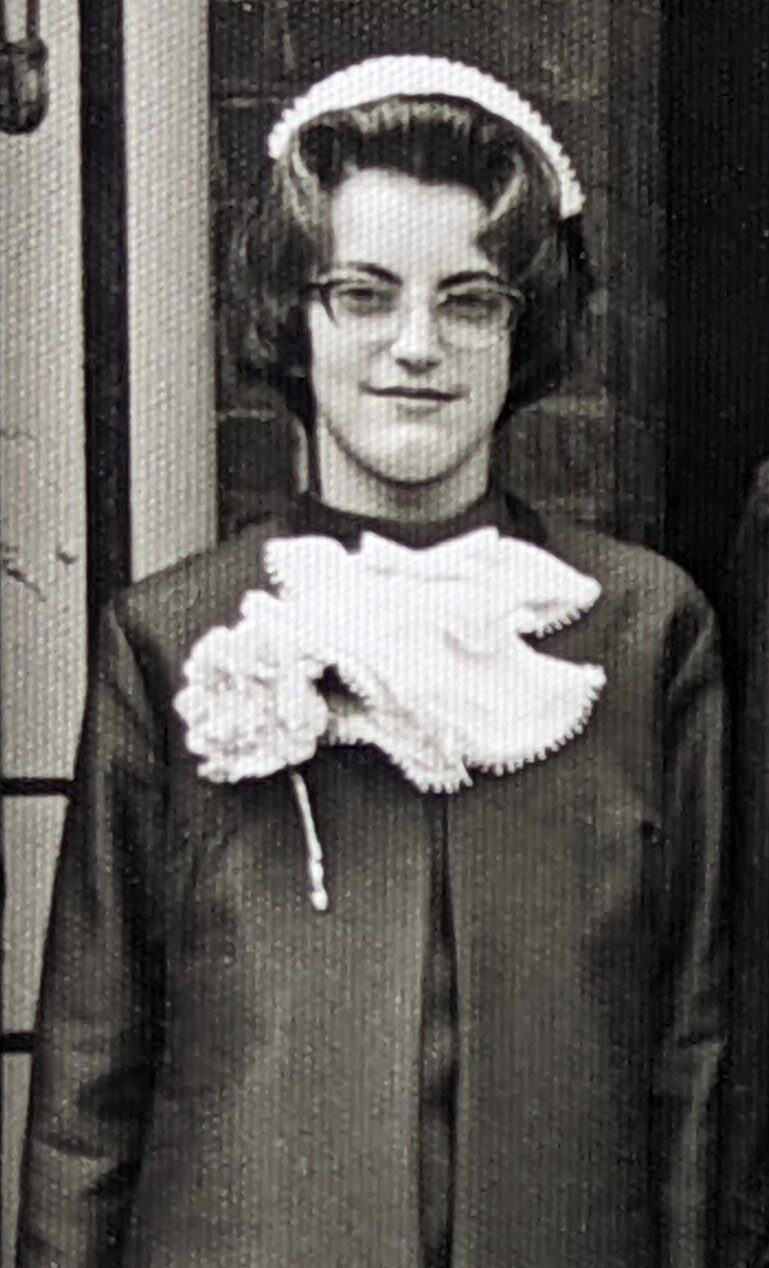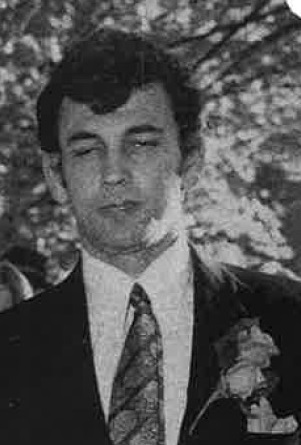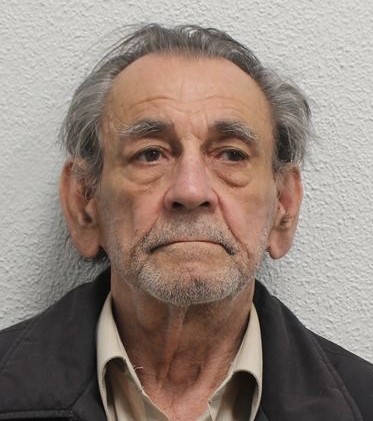The killing of 22-year-old Eileen Cotter in north London remained unsolved for nearly 50 years.
She was found strangled in courtyard next to a block of garages behind Hamilton Park in Finsbury Park just after 2pm on 1 June 1974.

Her underwear and tights had been pulled down and her handbag, glasses and shoes were missing. A postmortem examination concluded she died of manual strangulation and had a black eye and bruising from being hit in the face.
Eileen was a known sex worker who lived in north London and the garages were known to be used for prostitution.


Detectives spoke to 92 potential suspects and deployed police officers as “decoys” to draw out predatory men in the area but nobody was ever charged.
DNA samples were taken from her body and entered on to the police database.
It was not until February 2019 that South African suspect John Apelgren, then 78 (08.04.43), was arrested for a domestic assault on his third wife.
He accepted a police caution over the offence and his DNA sample was matched to those recovered from Eileen’s body.
Detectives then carried out further investigation to build a timeline of events to prove that only Apelgren could have been the killer.
Apelgren told police in interview that he was living in Leyton, east London, at the time of the killing and denied going to the Hamilton Park garages or any knowledge of Eileen Cotter.
Faced with the DNA evidence, he later admitted having sex with Eileen but denied killing her.
On 22 June 2022 he was arrested and charged with murder.
Apelgren went on trial at the Old Bailey in May 2023, with the prosecution arguing that he had sex with Eileen before he strangled her and pushed her dead body out of his car and drove away.
The court heard the killing took place six weeks after the birth of his first child with his ex-wife Ann. She told police that he once used both of his hands to apply force to her neck.
On 16 June 2023 he was cleared of murder but convicted of manslaughter. He was also convicted of indecently assaulting a young woman at the reception for his wedding to Ann on 14 October 1972. She did not make a complaint at the time but disclosed it to police during the investigation launched in 2019.


Apelgren was sentenced to 10.5 years imprisonment, meaning he will be eligible for release on parole after five years and three months (once time served is taken into account).
The impact the death of my sister had on my life is almost indescribable, but I will try to put it into words.
I was 5 years old at the time. Eileen and I shared the same father, but Eileen’s mother had passed away, therefore my mother cared for her. No one in my family ever spoke to me about my sister’s murder.
I have no memory of her funeral and I have no idea whether she was buried or cremated and no idea where she was laid to rest. As a result, I have never been able to visit her grave.
Following Eileen’s death, the relationship between my mother and father broke down significantly. Due to the fighting between them, I was placed in a care home, where I suffered abuse, until the age of about 11. It was never explained to me why I was placed in care, and I lived most of my childhood believing it because of something I had done wrong.
Three years after Eileen’s murder, my mother committed suicide. Again being a young child, I struggled to understand, with little explanation given to me. My father drank heavily, but Eileen’s murder and the suicide of my mother, caused him to drink even more and he was eventually admitted to Springfield Psychiatric Hospital. Following this, my father went to live with his brother in Ireland, however his drinking became too much and he also died.
I spent a very unhappy childhood moving amongst various care homes and foster homes, however when I was 14 years old, I was placed with my foster parents, John and Yvonne. I was very fortunate to be placed in a loving, caring home. They explained various aspects of my life that I did not know or understand, ‘filling in the gaps,’ so to speak.
I also had a half brother from my mother, who was 17 years older than me. However, when I was taken into care, he was told to avoid any contact with me. I felt as though I lost him as well. He was someone I was very fond of and have happy memories of, but this was also taken from me.
Statement of Eileen’s brother Patrick Cotter
Detective Chief Inspector Laurence Smith said: “Eileen tragically died at a young age after being raped and badly beaten, with her body then discarded on the street.
“When my team reviewed the original investigation, we were impressed by how thorough it was. Investigators at the time used every available method to find the suspect, including operations with decoy women. This was a tactic used at the time where female police officers under protection were placed at the scenes of crimes in efforts to draw out predatory men.
“Unfortunately, they did not have the science available to us now and although he should have been in prison decades ago, her killer has now been brought to justice.
“Investigating violence against women and girls is a priority for the Met, and we will relentlessly pursue predatory men, whether a crime took place decades ago or today.”
“Unfortunately, they did not have the science available to us now and although he should have been in prison decades ago, her killer has now been brought to justice.”